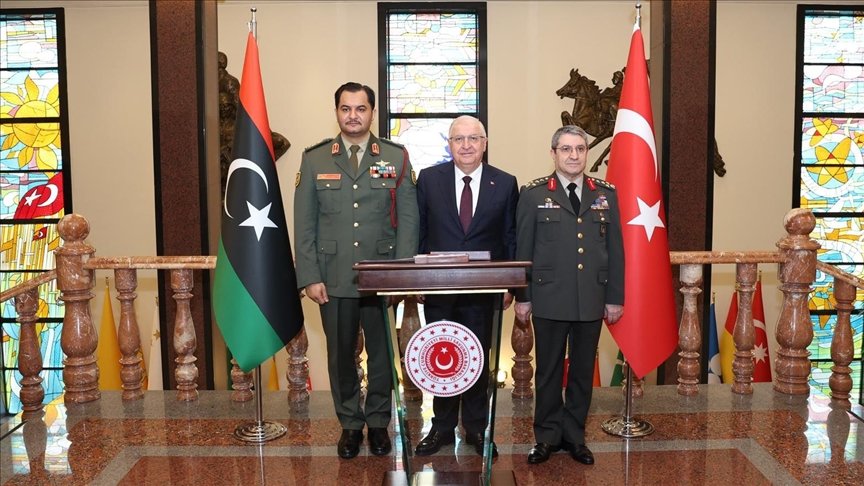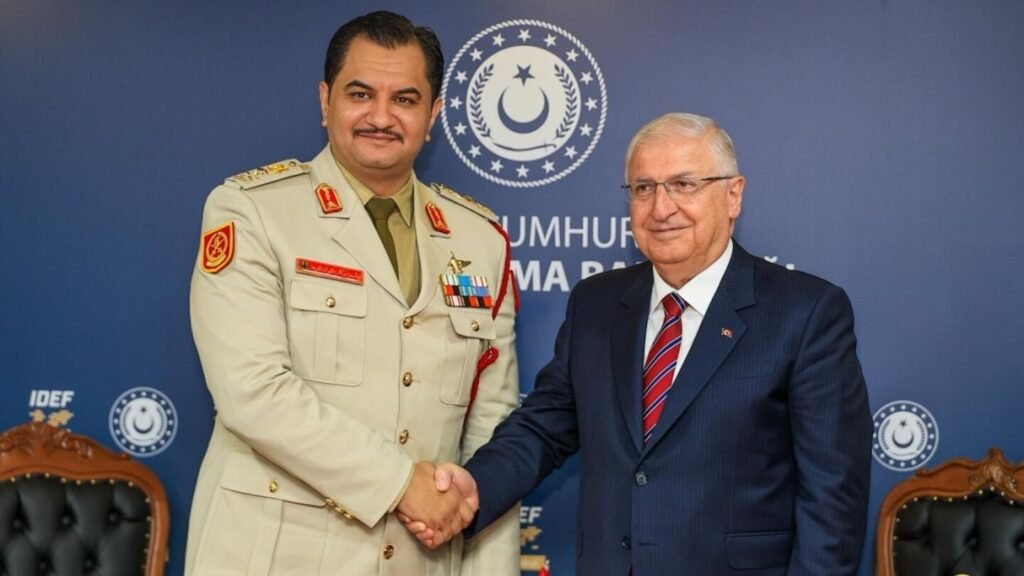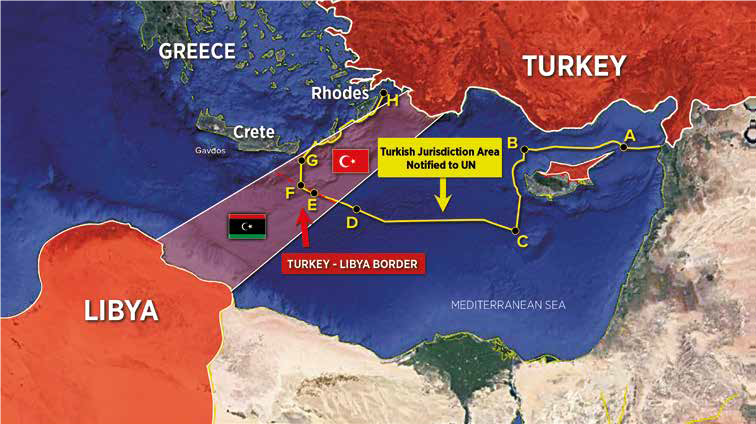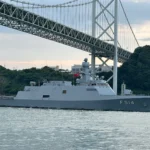
Türkiye’s Rapprochement with Eastern Libya: Strategic Shift and Emerging Partnerships
Following the 2019 signing of the maritime jurisdiction agreement, Türkiye intensified its military and diplomatic support for the UN-recognized, Tripoli-based Government of National Accord (GNA). This assistance, which included the deployment of military personnel and equipment, played a critical role in halting the advance of Khalifa Haftar’s forces and enabling the GNA to reclaim lost territories around Tripoli.
Table Of Content
In response, Haftar’s coalition condemned Türkiye’s intervention, framing its campaign as a war against “Turkish occupation” and launching artillery strikes on Tripoli’s port and airport. Tensions between Türkiye and Haftar-aligned forces remained high throughout this period, with regional actors such as Egypt, the UAE, France, and Russia openly backing Haftar’s position against Türkiye and the GNA.
However, following the 2020 ceasefire between Libya’s western and eastern authorities, Türkiye adopted a more inclusive “One Libya” policy in 2021. This shift led to a series of diplomatic engagements with eastern Libyan figures. The visit of Khalifa Haftar’s son, Belqasim Haftar, to Ankara marked the beginning of Türkiye’s efforts to balance its relations across Libya’s political spectrum. In 2022, Aguila Saleh, Speaker of the Tobruk-based House of Representatives, also visited Türkiye. Ankara has since initiated efforts to reopen its consulate in Benghazi, signaling its intent to engage both sides of the Libyan divide in pursuit of a unified and stable Libya.
In April 2025, Saddam Haftar — another son of Khalifa Haftar — held meetings in Ankara with Turkish Defense Minister Yaşar Güler and Land Forces Commander Gen. Selçuk Bayraktaroğlu. Later in July, he attended the IDEF 2025 defense exhibition in Istanbul, holding talks with Turkish officials. These engagements have been widely interpreted as a sign of a new era in Turkish-Eastern Libyan relations.

Libyan sources revealed that during Saddam Haftar’s visit, more than 30 joint training and defense projects were agreed upon, spanning a five-year period. Negotiations also began for the acquisition of Turkish defense equipment and related training programs. The deal includes Turkish support in accelerating the unification of Libya’s fragmented military structure through coordination between eastern and western forces.
While Türkiye’s military presence in western Libya continues to act as a deterrent against large-scale conflict, its growing diplomatic outreach to the east aims to foster an inclusive political solution.
Maritime Jurisdiction Agreement with Libya Gains Momentum
In June 2025, the House of Representatives in Tobruk — aligned with Haftar — announced the formation of a committee to review and potentially ratify the 2019 maritime agreement with Türkiye. If approved, the agreement would significantly bolster Türkiye’s position in the Eastern Mediterranean.
This move has triggered concerns in Greece, where media reports warned of a potential shift in regional dynamics that could undermine the Greek-Egyptian maritime boundary agreement. A parliamentary source in Tobruk confirmed that momentum was building in favor of ratifying the deal, with broad consensus forming among lawmakers and the speaker reportedly backing its passage.
The agreement aims to enhance maritime cooperation and protect Libya’s sovereign rights over its exclusive economic zones. Discussions in parliamentary committees have advanced with minimal opposition, suggesting that ratification may proceed almost unanimously.
In response, Egypt has reportedly urged the United States to intervene to block the Tobruk parliament’s approval of the deal, citing fears of heightened tensions in the Eastern Mediterranean. U.S. Africa Advisor Massad Boulos is expected to engage with Khalifa Haftar on the matter.

Expanding Energy Cooperation between Türkiye and Libya
Under a memorandum of understanding signed between the Turkish Petroleum Corporation (TPAO) and Libya’s National Oil Corporation (NOC), Türkiye will conduct seismic surveys in a 10,000 km² area off Libya’s coast, including four offshore blocks. This partnership is viewed as a strategic move to deepen Türkiye’s energy diplomacy and enhance its geopolitical standing in the Eastern Mediterranean.
Libya’s goal to produce 4 GW of renewable energy by 2035 presents significant opportunities for Turkish firms in solar and wind energy, technology transfer, and grid development. With aging infrastructure, outdated refineries, and an unreliable power grid, Libya urgently needs modernization — a role Turkish companies are well-positioned to fulfill as key partners.
Economic projects, such as the proposed steel plant in Benghazi, reflect Türkiye’s growing strategy to secure its commercial interests across the entire country. Its “One Libya” approach is seen as crucial for overcoming internal divisions and attracting foreign investment.
Conclusion: Strategic Realignment and Future Outlook
Türkiye’s shift from exclusive support for the Tripoli government to a broader “One Libya” strategy marks a major geopolitical realignment. This rapprochement with Eastern Libya — especially evident in 2025 — reflects a combination of geostrategic necessity and deepening energy and economic partnerships.
Progress on key issues such as revenue-sharing and military unification is essential for long-term stability. Türkiye’s balanced and multifaceted engagement is helping to cement its influence across Libya and position it as a leading foreign strategic and economic partner in a future unified state.




